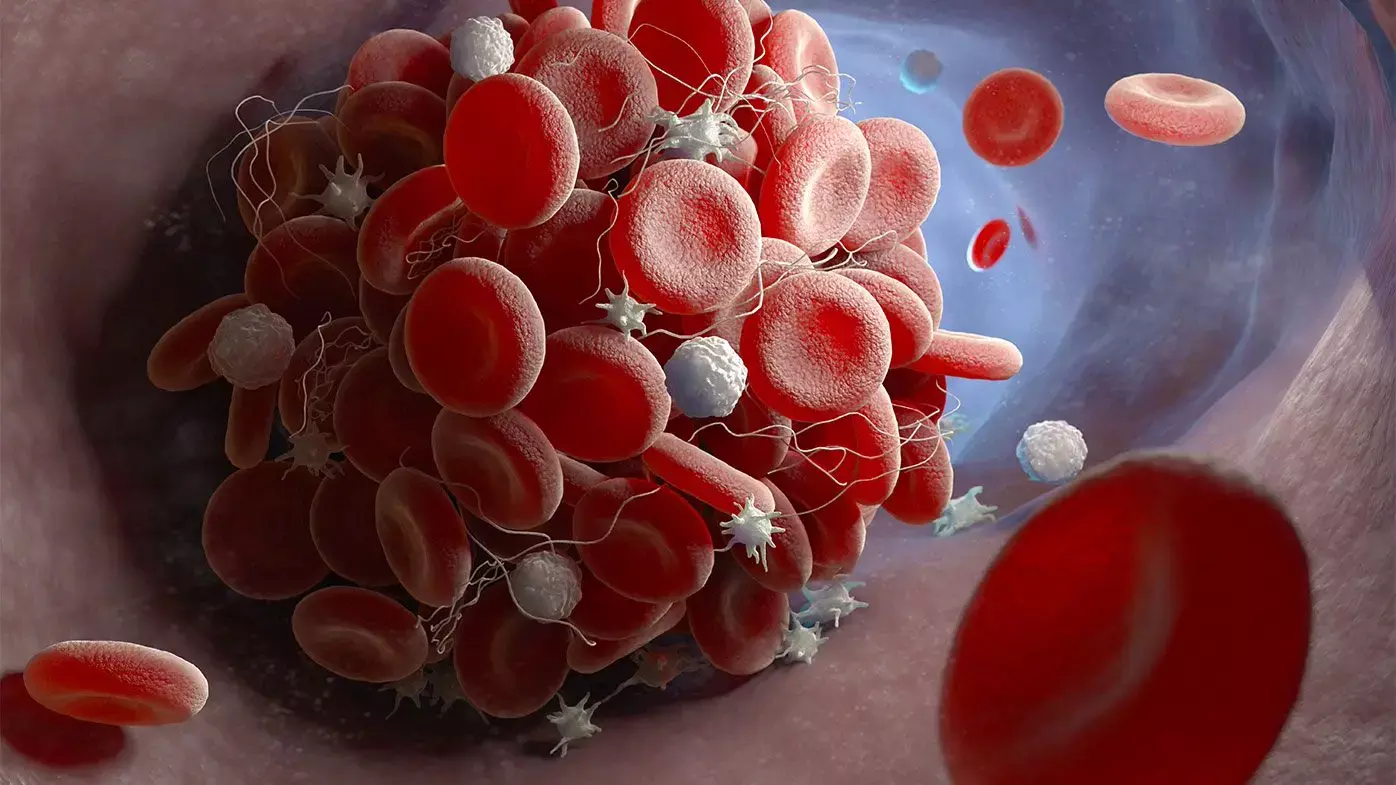- Home
- Medical news & Guidelines
- Anesthesiology
- Cardiology and CTVS
- Critical Care
- Dentistry
- Dermatology
- Diabetes and Endocrinology
- ENT
- Gastroenterology
- Medicine
- Nephrology
- Neurology
- Obstretics-Gynaecology
- Oncology
- Ophthalmology
- Orthopaedics
- Pediatrics-Neonatology
- Psychiatry
- Pulmonology
- Radiology
- Surgery
- Urology
- Laboratory Medicine
- Diet
- Nursing
- Paramedical
- Physiotherapy
- Health news
- Fact Check
- Bone Health Fact Check
- Brain Health Fact Check
- Cancer Related Fact Check
- Child Care Fact Check
- Dental and oral health fact check
- Diabetes and metabolic health fact check
- Diet and Nutrition Fact Check
- Eye and ENT Care Fact Check
- Fitness fact check
- Gut health fact check
- Heart health fact check
- Kidney health fact check
- Medical education fact check
- Men's health fact check
- Respiratory fact check
- Skin and hair care fact check
- Vaccine and Immunization fact check
- Women's health fact check
- AYUSH
- State News
- Andaman and Nicobar Islands
- Andhra Pradesh
- Arunachal Pradesh
- Assam
- Bihar
- Chandigarh
- Chattisgarh
- Dadra and Nagar Haveli
- Daman and Diu
- Delhi
- Goa
- Gujarat
- Haryana
- Himachal Pradesh
- Jammu & Kashmir
- Jharkhand
- Karnataka
- Kerala
- Ladakh
- Lakshadweep
- Madhya Pradesh
- Maharashtra
- Manipur
- Meghalaya
- Mizoram
- Nagaland
- Odisha
- Puducherry
- Punjab
- Rajasthan
- Sikkim
- Tamil Nadu
- Telangana
- Tripura
- Uttar Pradesh
- Uttrakhand
- West Bengal
- Medical Education
- Industry
Apixaban bests rivaroxaban in lowering rates of recurrent VTE and bleeding: Study

Ghadeer K. Dawwas and colleagues have found in a new study that patients with venous thromboembolism (VTE) who were new users of apixaban had lower rates of recurrent VTE and bleeding than new users of rivaroxaban.
This study was published in Annals of Internal Medicine on 7th December, 2021.
Apixaban and rivaroxaban are taking the place of vitamin K antagonists in the treatment of VTE in adults; however, head-to-head comparisons are still limited, therefore this study was conducted by researchers. To compare the efficacy and safety of apixaban versus rivaroxaban in patients with VTE.
From 1 January 2015 to 30 June 2020, a retrospective new-user cohort study was conducted in a commercial health care insurance database in the United States. Adults with VTE who had recently been prescribed apixaban or rivaroxaban were recruited for this study. The primary efficacy outcome was recurrent VTE, which was a combination of deep venous thrombosis and pulmonary embolism. The primary safety outcome was a combination of GI and intracranial bleeding.
The results stated the following:
1. Of the 49 900 eligible patients with VTE, 18 618 were new apixaban users and 18 618 were new rivaroxaban users.
2. The median follow-up time for apixaban users was 102 days (25th, 75th percentiles: 30, 128 days) and 105 days (25th, 75th percentiles: 30, 140 days) for rivaroxaban users.
3. Apixaban (vs. rivaroxaban) was associated with a lower rate of recurrent VTE and bleeding after propensity score matching.
4. The absolute reduction in the risk of recurrent VTE with apixaban versus rivaroxaban was 0.006 (CI, 0.005 to 0.011) after 2 months and 0.011 (CI, 0.011 to 0.013) after 6 months.
5. The absolute reduction in the risk of gastrointestinal and intracranial bleeding with apixaban versus rivaroxaban was 0.011 (CI, 0.010 to 0.011) after 2 months and 0.015 (CI, 0.013 to 0.015) after 6 months.
In conclusion, this study reveals the effectiveness of apixaban over rivaroxaban and how its much more significant in lowering the VTE. further research and data is needed to get rock solid evidence as it was a short follow up study.
Reference:
Ghadeer K. Dawwas, Charles E. Leonard, James D. Lewis, et al. Risk for Recurrent Venous Thromboembolism and Bleeding With Apixaban Compared With Rivaroxaban: An Analysis of Real-World Data. Ann Intern Med. [Epub ahead of print 7 December 2021]. doi:10.7326/M21-0717
Medical Dialogues consists of a team of passionate medical/scientific writers, led by doctors and healthcare researchers. Our team efforts to bring you updated and timely news about the important happenings of the medical and healthcare sector. Our editorial team can be reached at editorial@medicaldialogues.in.
Dr Kamal Kant Kohli-MBBS, DTCD- a chest specialist with more than 30 years of practice and a flair for writing clinical articles, Dr Kamal Kant Kohli joined Medical Dialogues as a Chief Editor of Medical News. Besides writing articles, as an editor, he proofreads and verifies all the medical content published on Medical Dialogues including those coming from journals, studies,medical conferences,guidelines etc. Email: drkohli@medicaldialogues.in. Contact no. 011-43720751


